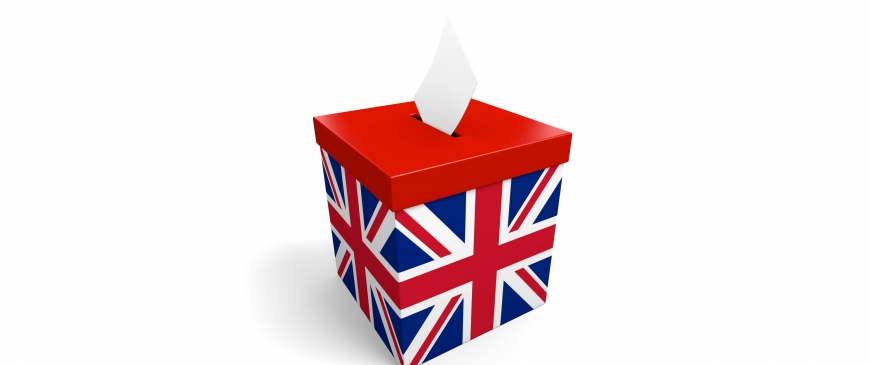
British election's other losers: Pollsters
Rem Korteweg, a senior research fellow at the Centre for European Reform in London, said that British pollsters were going through a particularly bad period. He cited the referendum last year on Scottish independence, when pollsters’ predictions of a neck-and-neck performance for the "no" and "yes" camps were upended by results in which 55 per cent of Scots voted against becoming independent compared with 45 per cent in favour.
"This isn’t the first time in 18 months when the polls got it wrong," he said. "This is starting to become a trend in this country."
Mr. Korteweg attributed the pollster’s failings in this latest election to the fact that voters often give socially desired responses during polling, only to behave differently when they vote. "People say who they are voting for with their heart and then vote with their wallets," he said.
He said that the last-minute surge by the conservatives could also be explained by the fact that the Conservatives had adroitly exploited fears among voters that the Labour party would be able to govern only in coalition with the Scottish National Party, which wants an independent Scotland. That, in turn, he said, had pushed many voters to back away from Labour during the final days of voting to avoid contributing to what the Conservatives had characterized as the disintegration of the country.
